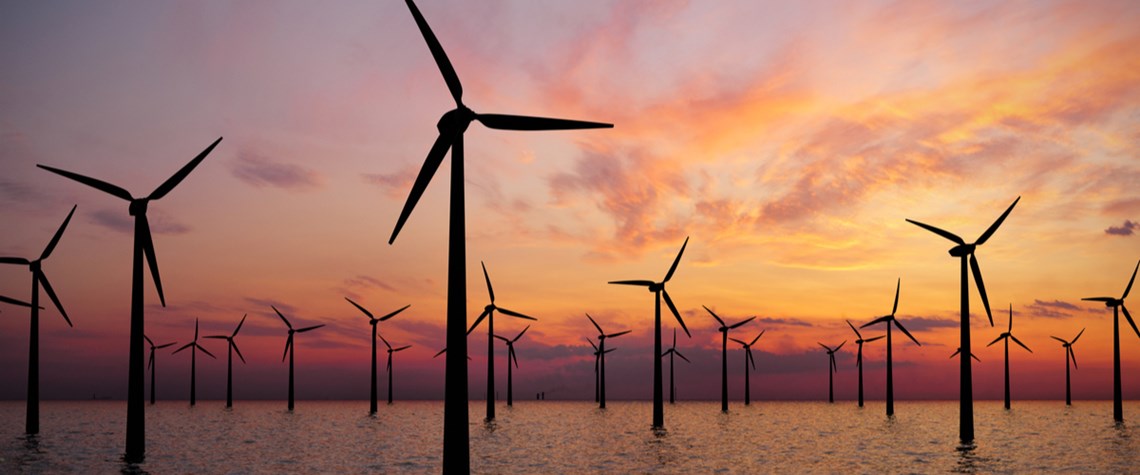Outlook 2022: Recovering the costs of the energy transition
Recouping the cost of wide-ranging support payments in an efficient way is a major challenge and requires a new approach to avoid undesirable outcomes
As the world builds momentum to decarbonise, changing mindsets and breaking down silos are set to be key features in addressing costs, financing and subsidies long into 2022 and beyond. Historically, the cost of low-carbon investment subsidies has tended to be recovered from the sector in which the investments are made. As we move to net zero, the level of support required will increase and spread across sectors. Without change, this will lead to a number of undesirable outcomes. Achieving net zero will require significant investment. While carbon pricing can play an important role in driving this investment, the potential for significant winners and losers is likely to make carbon pricing a

Also in this section
9 January 2026
A shift in perspective is needed on the carbon challenge, the success of which will determine the speed and extent of emissions cuts and how industries adapt to the new environment
2 January 2026
This year may be a defining one for carbon capture, utilisation and storage in the US, despite the institutional uncertainty
23 December 2025
Legislative reform in Germany sets the stage for commercial carbon capture and transport at a national level, while the UK has already seen financial close on major CCS clusters
15 December 2025
Net zero is not the problem for the UK’s power system. The real issue is with an outdated market design in desperate need of modernisation







